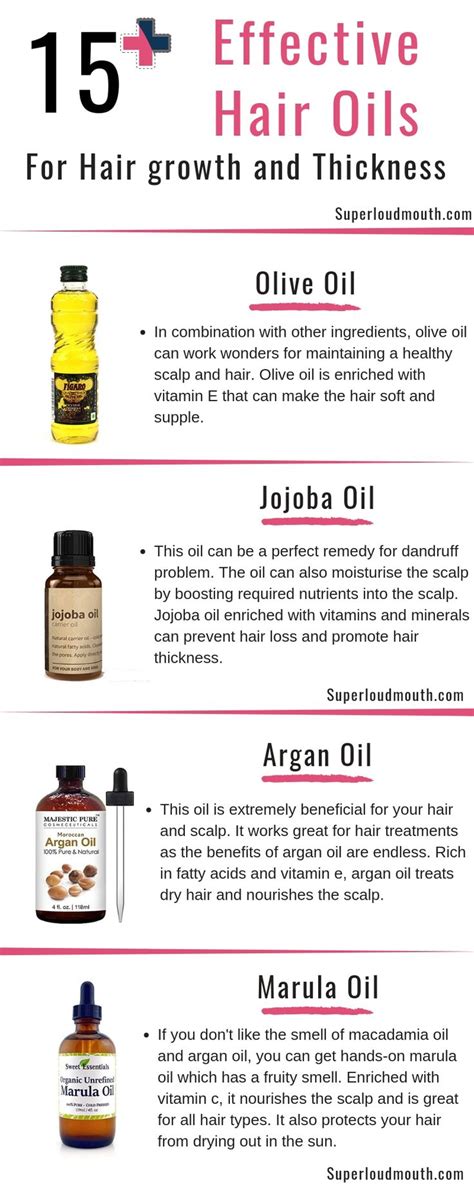Introduction
Hair loss is a common problem that affects both men and women. There are many different causes of hair loss, including genetics, hormonal changes, and stress. While there is no cure for hair loss, there are a number of treatments that can help to slow down or stop the process.

One of the most effective treatments for hair loss is the use of hair growth oils. Hair growth oils are typically made from natural ingredients, such as herbs, fruits, and vegetables. These oils contain a number of nutrients and minerals that are essential for healthy hair growth.
How Do Hair Growth Oils Work?
Hair growth oils work by stimulating the scalp and promoting blood circulation. This increased blood flow brings more nutrients and oxygen to the hair follicles, which helps to promote hair growth. In addition, hair growth oils can help to strengthen the hair shaft and prevent breakage.
What Oils Are Best for Hair Growth?
There are a number of different oils that can be used to promote hair growth. Some of the most effective oils include:
- Argan oil: Argan oil is a rich source of vitamin E and antioxidants. It has been shown to help to promote hair growth, reduce breakage, and improve the overall health of the hair.
- Coconut oil: Coconut oil is a natural moisturizer that can help to keep the hair hydrated and prevent breakage. It also contains lauric acid, which has been shown to have antibacterial and antifungal properties.
- Castor oil: Castor oil is a thick, viscous oil that is rich in ricinoleic acid. Ricinoleic acid has been shown to help to promote hair growth and reduce inflammation.
Other Oils That Can Be Used for Hair Growth
In addition to the three oils listed above, there are a number of other oils that can be used to promote hair growth. These oils include:
- Avocado oil: Avocado oil is a rich source of vitamins A, D, and E. It also contains oleic acid, which is a natural moisturizer.
- Olive oil: Olive oil is a good source of antioxidants and vitamin E. It can help to protect the hair from damage and promote hair growth.
- Jojoba oil: Jojoba oil is a natural moisturizer that is similar to the sebum that is produced by the scalp. It can help to keep the hair hydrated and prevent breakage.
- Rosemary oil: Rosemary oil is a stimulating oil that can help to promote blood circulation to the scalp. It has been shown to help to promote hair growth and reduce hair loss.
- Peppermint oil: Peppermint oil is a cooling, stimulating oil that can help to promote blood circulation to the scalp. It has been shown to help to promote hair growth and reduce hair loss.
How to Use Hair Growth Oils
Hair growth oils can be used in a variety of ways. Some people prefer to apply the oil directly to the scalp, while others prefer to add it to their shampoo or conditioner. You can also add hair growth oils to your favorite hair mask or leave-in conditioner.
No matter how you choose to use hair growth oils, it is important to be consistent with your application. Most hair growth oils need to be used for several months before you will see results.
Benefits of Using Hair Growth Oils
There are a number of benefits to using hair growth oils, including:
- Promotes hair growth: Hair growth oils can help to stimulate the scalp and promote blood circulation, which can lead to increased hair growth.
- Reduces breakage: Hair growth oils can help to strengthen the hair shaft and prevent breakage.
- Improves the overall health of the hair: Hair growth oils can help to moisturize the hair, reduce frizz, and protect the hair from damage.
Conclusion
If you are looking for a natural way to promote hair growth, hair growth oils are a great option. These oils are effective, affordable, and easy to use. With consistent use, you can expect to see results in as little as a few months.
| Oil | Benefits | Drawbacks |
|---|---|---|
| Argan oil | Promotes hair growth, reduces breakage, improves overall hair health | Can be expensive |
| Coconut oil | Moisturizes hair, prevents breakage, has antibacterial and antifungal properties | Can be greasy |
| Castor oil | Promotes hair growth, reduces inflammation | Can be thick and viscous |
| Oil | Benefits | Drawbacks |
|---|---|---|
| Avocado oil | Rich in vitamins A, D, and E, natural moisturizer | Can be heavy |
| Olive oil | Good source of antioxidants and vitamin E, protects hair from damage | Can be greasy |
| Jojoba oil | Natural moisturizer, similar to sebum produced by scalp | Can be expensive |
| Rosemary oil | Stimulating oil, promotes blood circulation to scalp | Can be irritating to some people |
| Peppermint oil | Cooling, stimulating oil, promotes blood circulation to scalp | Can be drying |
| Method | Benefits | Drawbacks |
|---|---|---|
| Apply directly to scalp | Targets scalp specifically, can be messy | Can be greasy |
| Add to shampoo or conditioner | Easy to apply, less greasy | May not be as effective as applying directly to scalp |
| Add to hair mask or leave-in conditioner | Deep conditioning treatment, can be time-consuming | May weigh hair down |
| Mistake | Consequences |
|---|---|
| Using too much oil | Can make hair greasy and weigh it down |
| Applying oil too often | Can irritate scalp and lead to hair loss |
| Not being consistent with application | May not see results |
| Using low-quality oils | May not be effective and could damage hair |
| Expecting results too quickly | Most hair growth oils take several months to show results |
